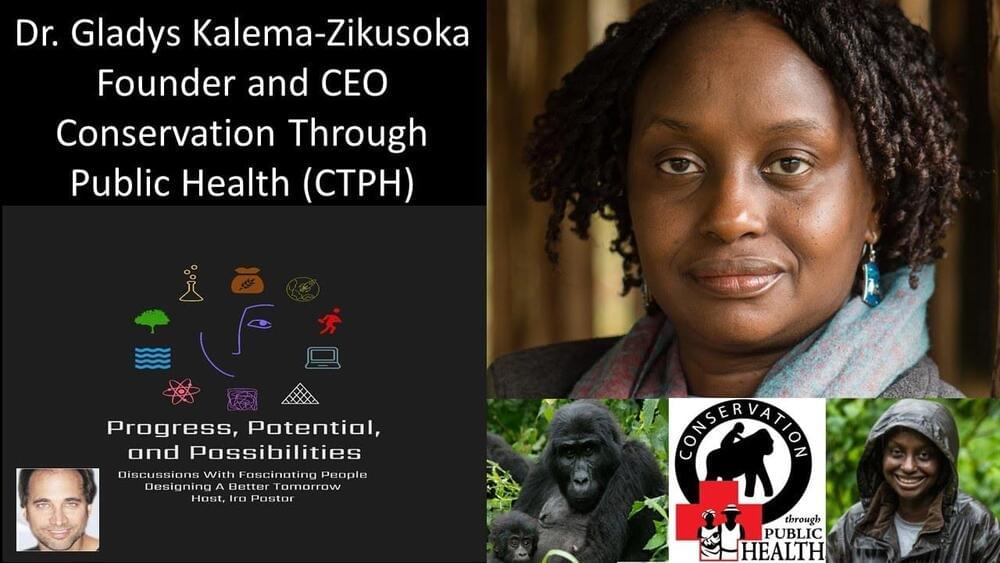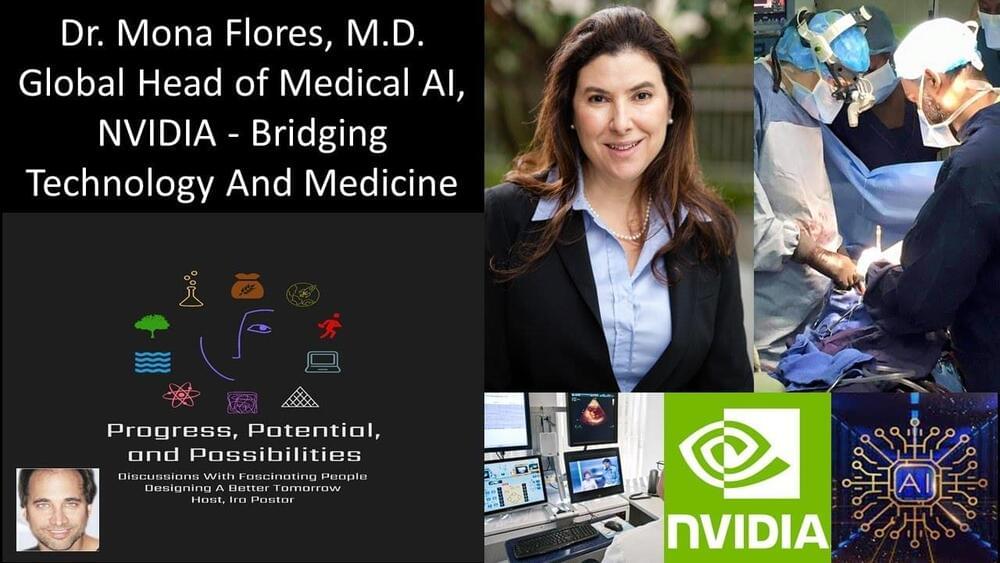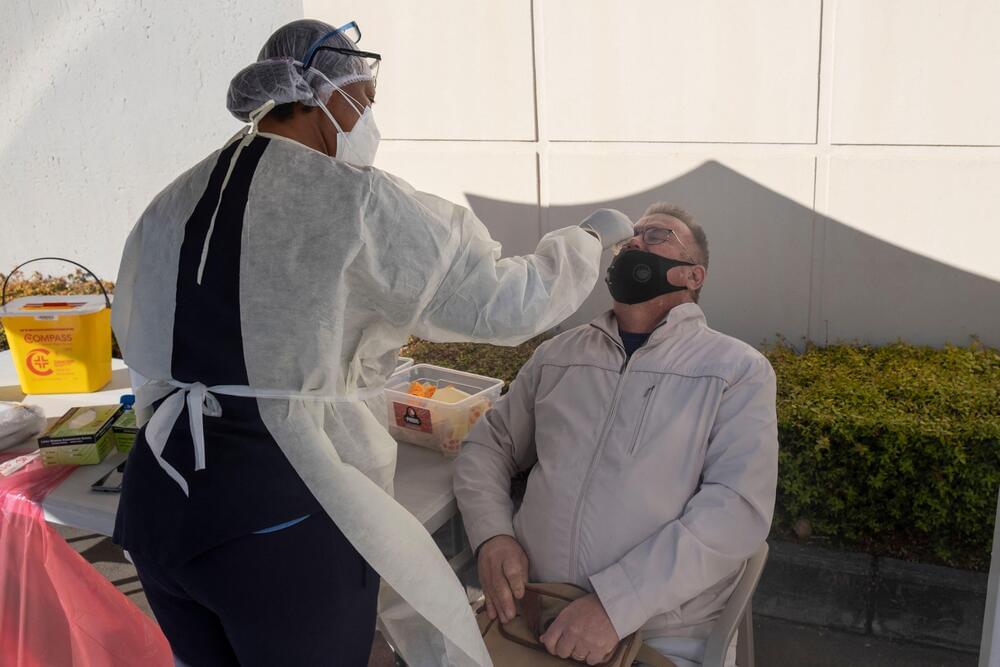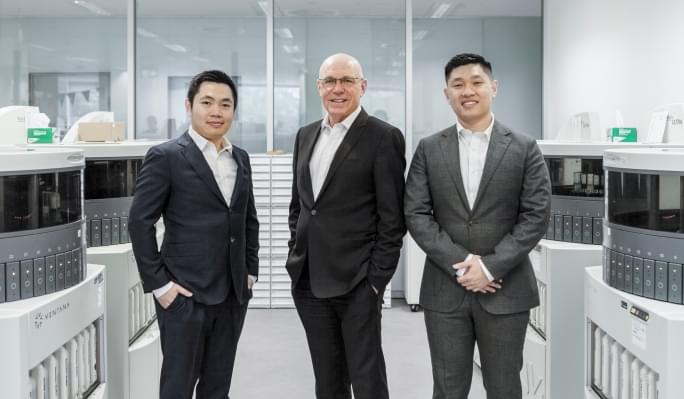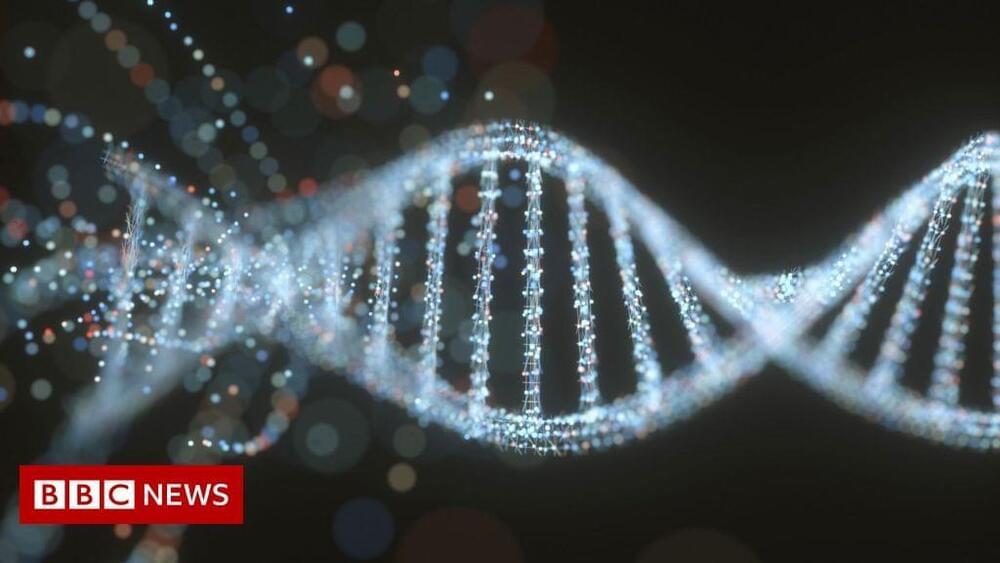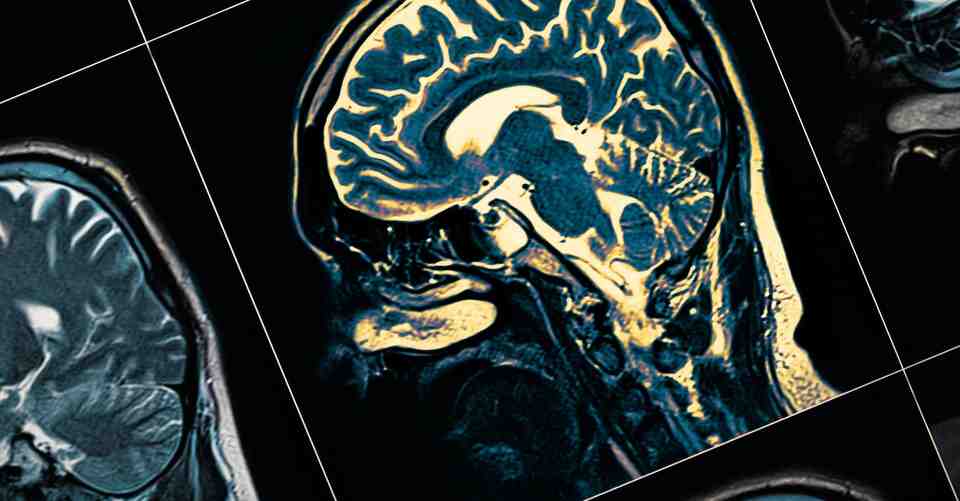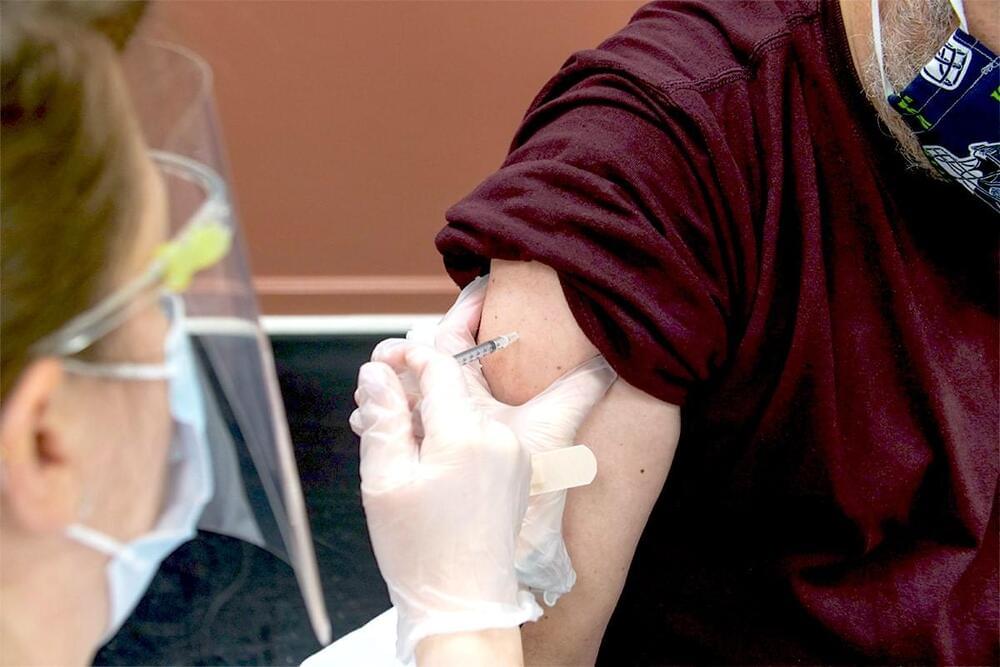
ISM001-055 demonstrated highly promising results in multiple preclinical studies including in vitro biological studies, pharmacokinetic and safety studies. The compound significantly improved myofibroblast activation which contributes to the development of fibrosis. ISM001-055’s novel target is potentially relevant to a broad range of fibrotic indications.
“We are very pleased to see Insilico Medicine’s first antifibrotic drug candidate entering into the clinic,” said Feng Ren 0, PhD, CSO of Insilico Medicine. “We believe this is a significant milestone in the history of AI-powered drug discovery because to our knowledge the drug candidate is the first ever AI-discovered novel molecule based on an AI-discovered novel target. We have leveraged our end-to-end AI-powered drug discovery platform, including the usage of generative biology and generative chemistry, to discover novel biological targets and generate novel molecules with drug-like properties. ISM001-055 is the first such compound to enter the clinic, and we expect more to come in the near future [1].”
Previously, Insilico Medicine demonstrated its ability to generate drug-like hit molecules using AI with the publication of the Generative Tensorial Reinforcement Learning (GENTRL) system for a well-known target in record time [2]. It also demonstrated the target’s proof of concept by applying deep learning techniques for the identification of novel biological targets. This novel antifibrotic program combined these target discovery and generative chemistry capabilities. Notably, Insilico Medicine completed the entire discovery process from target discovery to preclinical candidate nomination within 18 months on a budget of $2.6 million.
